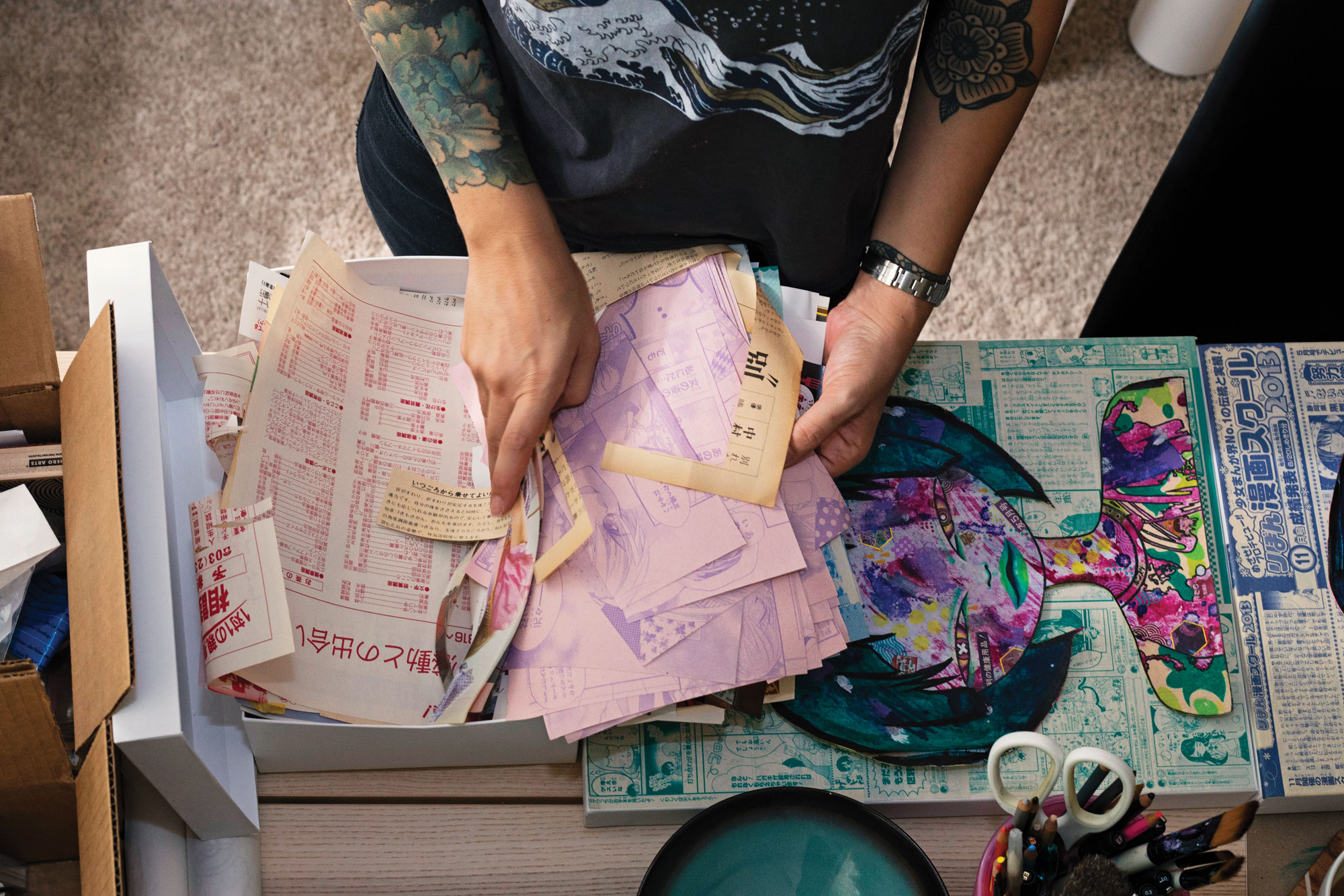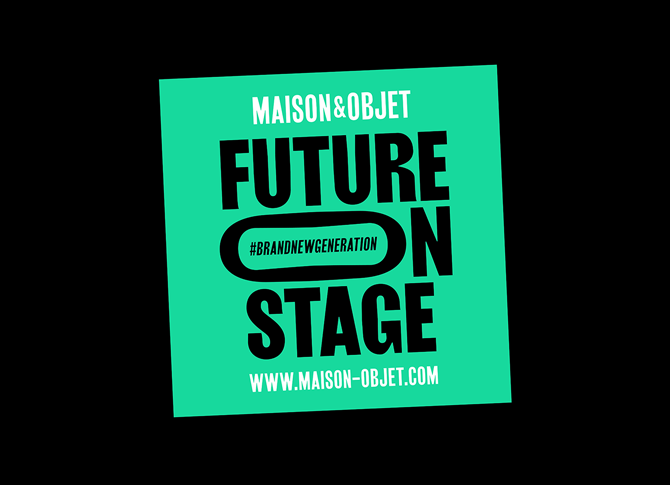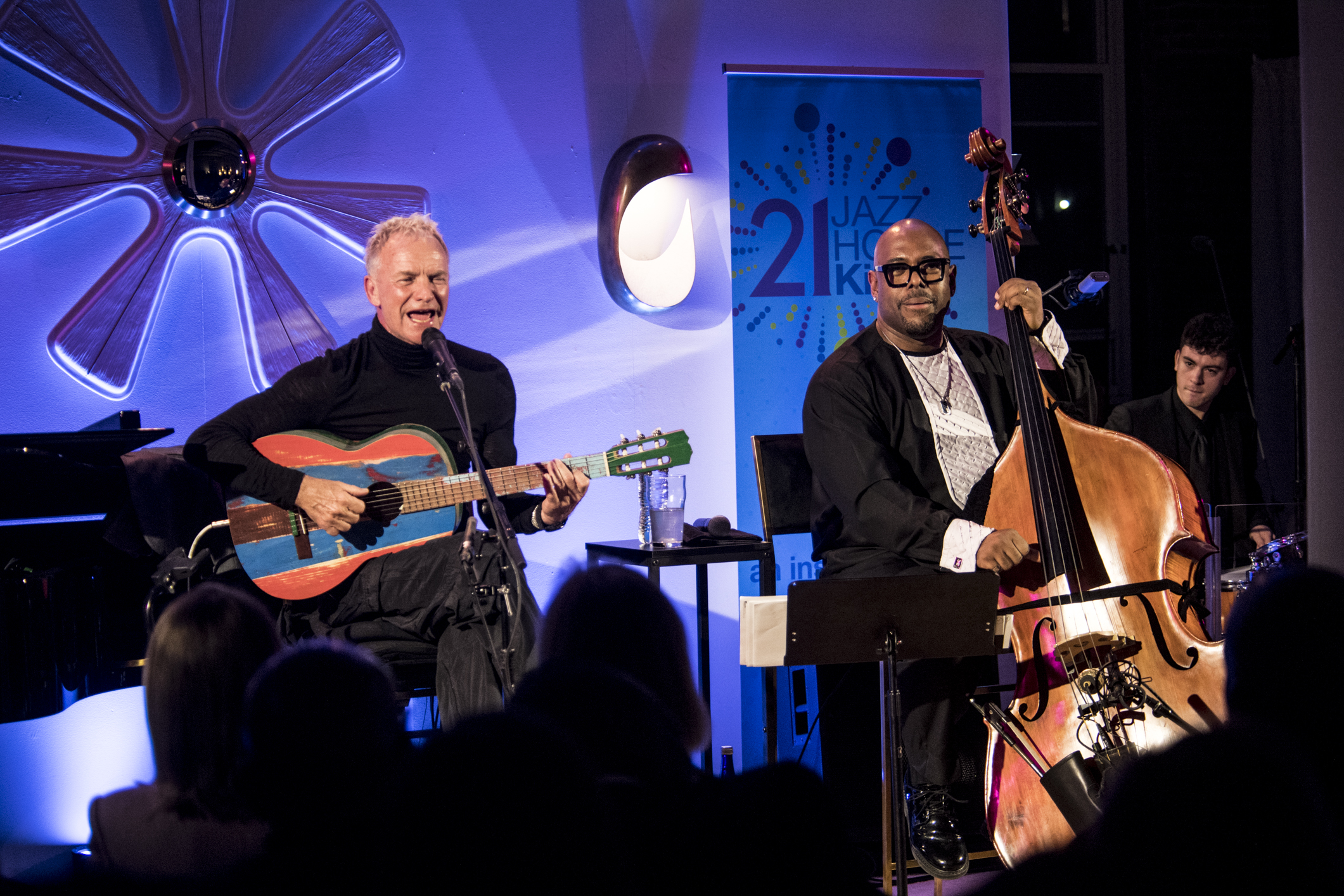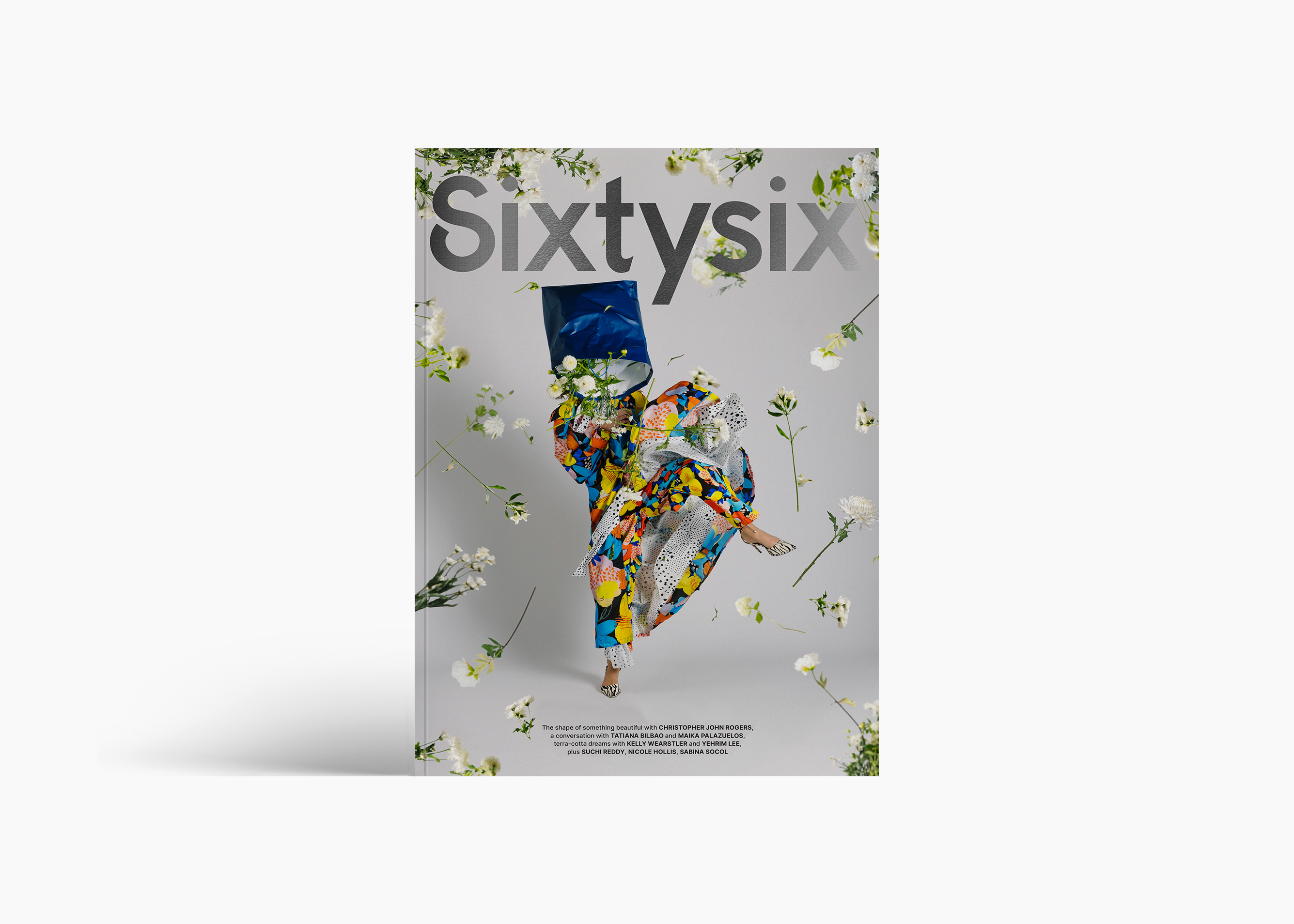As we agonized over putting the final touches on Sixtysix Issue #3 (and let’s be honest, by “final touches” I mean completely reorganizing and frantically re-editing entire sections of the book while drowning in self-doubt), I found my creative process, the one that requires me to make hundreds of decisions a day, so thoroughly wrung out that I did a surprising thing. I opened Excel.
Leading a studio requires undertaking many unglamorous tasks (running payroll, reviewing scorecards, lunching with bankers). Another is updating budgets in Excel. For an art school student, I’ve become rather adept at manipulating those little gray cells. Amidst the chaos of deadline week, zoning out with some straightforward math actually seemed, well, relaxing. Its precision (things either add up or they don’t) and the finality of the process was exactly what I craved—a task with a clear ending. While I would never say plodding away in spreadsheets is my passion, I would say my ability to get lost in them, to figure them out with a little patience and effort, has paved the way for me to follow my passion for telling great stories.
Should creative professionals hold themselves to different standards and goals than people in other industries?
To be a professional creative you have to have a passion for your work. It’s like Kevin Hunter, president of Calty Design Research, says in our conversation in this issue: “If you don’t have passion for it … it’s hard to fake that.” But he also was clear that at least 30% of his day is filled with administrative tasks. In my experience, someone’s interest and ability in that administrative workload has more impact on their overall success than their creative talent alone. Being creative is one thing, but being able to juggle the work that earns you the time and support needed to be creative is another.
[rp4wp]
Almost every creative we spoke to in this issue made reference to the importance of finding balance in their practice. The musicians in Booka Shade divvy up administrative tasks, Roanne Adams travels across the country to balance client and creative time. And Natasha Jen admits to, gasp, not minding being on Slack even when she’s on vacation—something I doubt she would say is her “passion.” Was Steve Jobs right when he said, “You’ve got to find what you love?” Or does the truth lie closer to Marc Cuban’s saying: “One of the great lies of life is ‘follow your passions.’” And how do both of these schools of thought apply to a professional who might place creative accomplishments over financial success? I don’t have the answers. But if progress comes from asking the right questions, when thinking about creative work a better question to ask might be: “What will allow me to make my best work without being miserable?”
Chris Force is the editor-in-Chief of Sixtysix.




